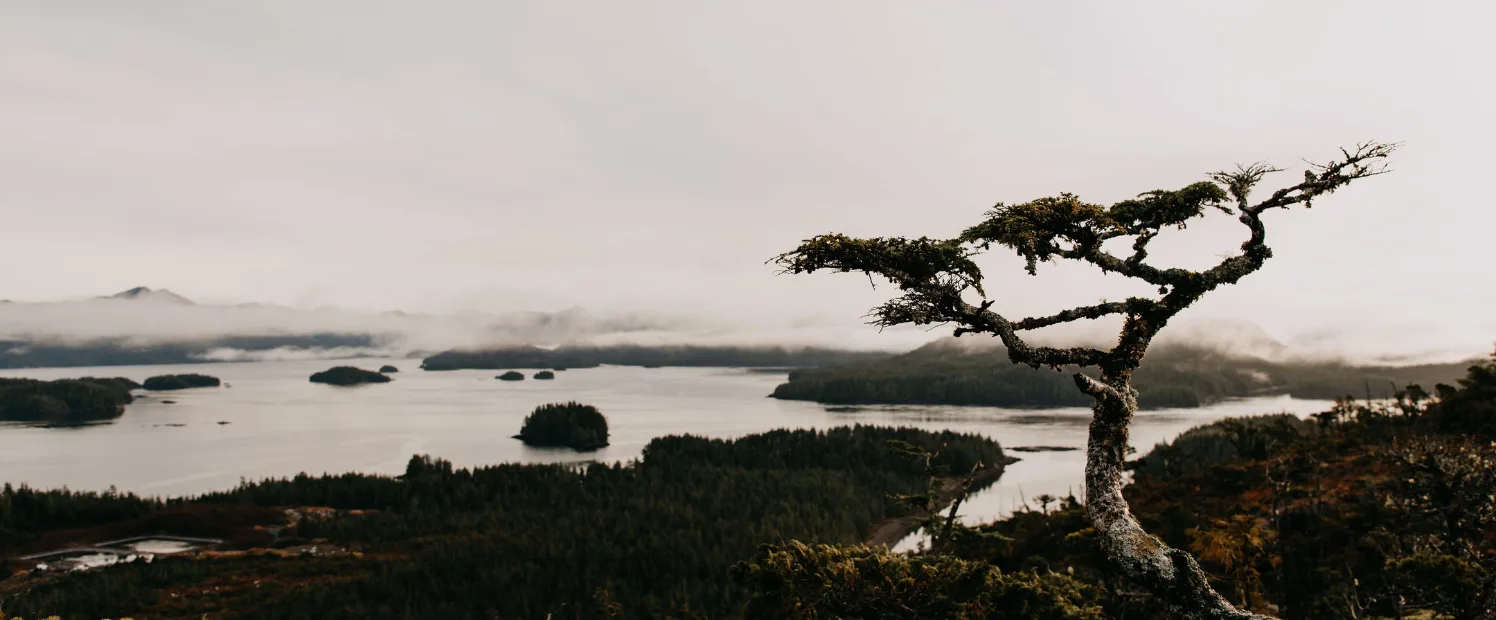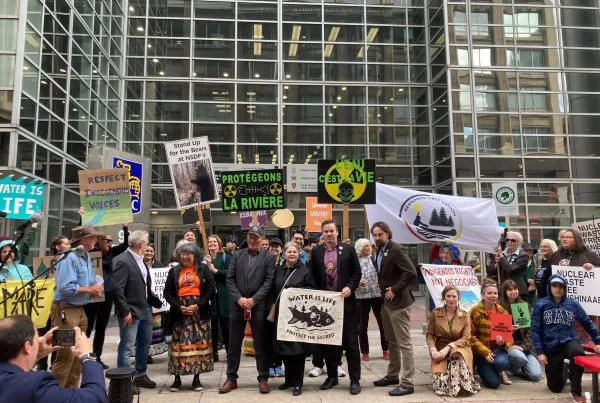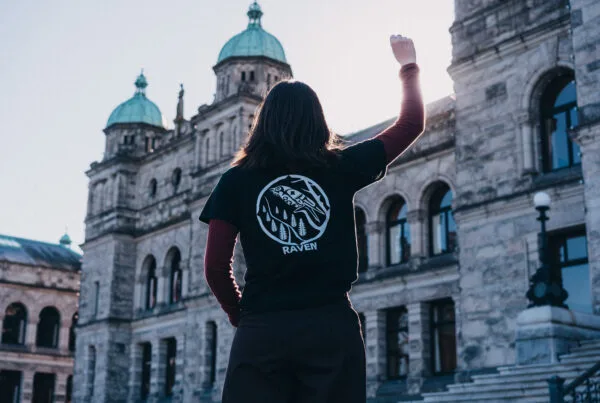In March 2025, the Government of B.C. released a new framework for mineral tenures as an outcome from the Gitxaała Nation’s legal challenge against free mining in B.C. in 2023. Gitxaała’s case was heard alongside a case brought by Ehattesaht First Nation on similar issues relating to consultation in mining.
Let’s break down the new Mineral Claims Consultation Framework (MCCF) in B.C. and what it does and doesn’t do.

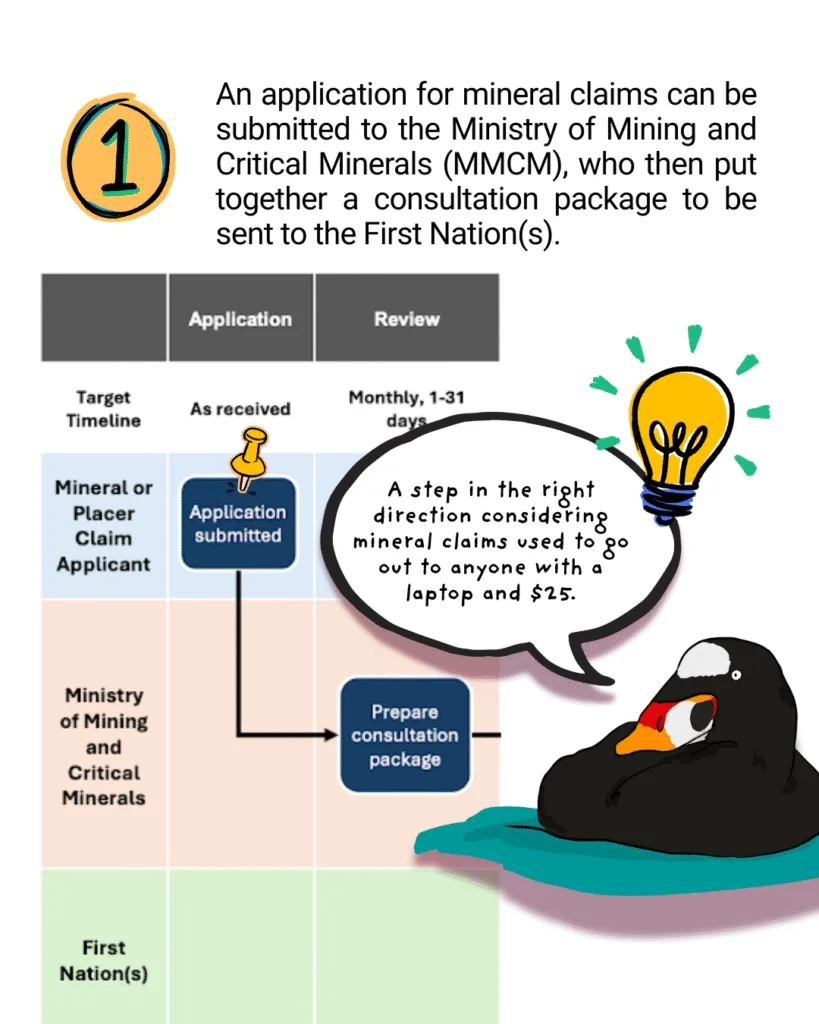
1. An application for mineral claims can be submitted to the Ministry of Mining and Critical Minerals (MMCM), who then put together a consultation package to be sent to the First Nation(s).
A step in the right direction, considering mineral claims used to go out to anyone with a laptop and $25.
2. On a monthly basis, the MMCM reaches out to the First Nation(s) whose territory a desired claim is on to initiate consultation in batches. MMCM remains the central mediator for consultation between the Applicant and the First Nation(s).
The Nation has only 30 days to respond to the request for consultation. And, if the First Nation(s) do not respond within the 30-day window, the MMCM will continue to develop a decision package without consultation.

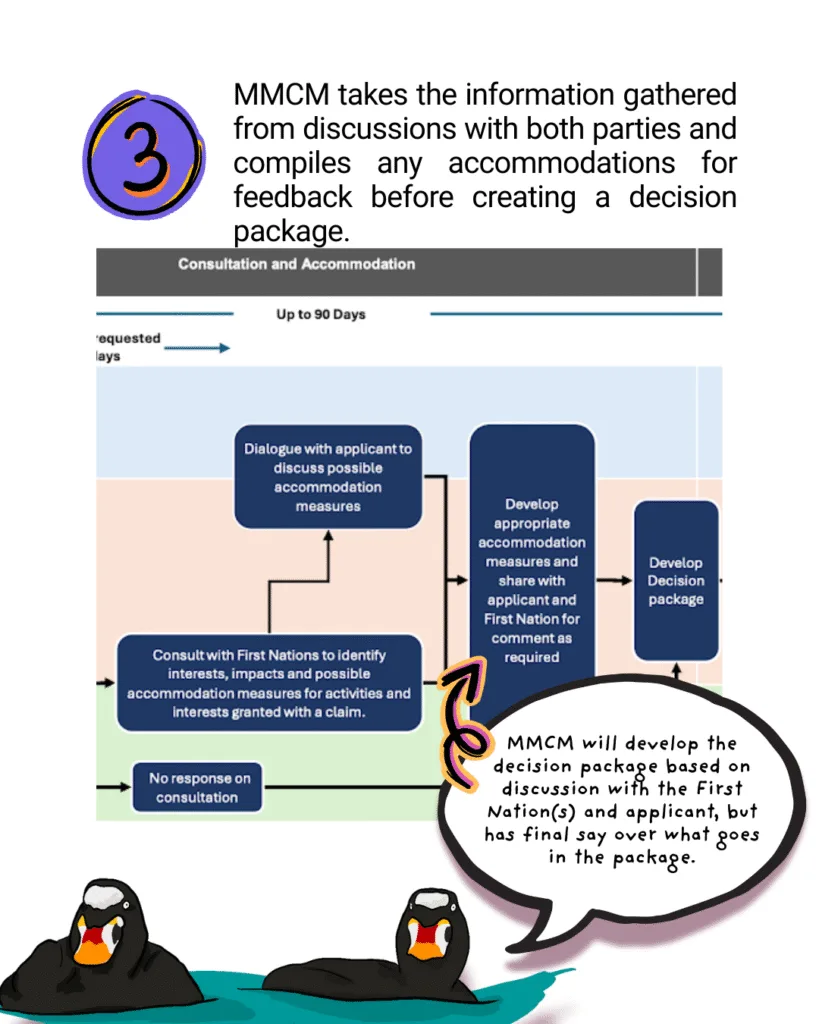
3. MMCM takes the information gathered from discussions with both parties and compiles any accommodations for feedback before creating a decision package.
MMCM will develop the decision package based on discussion with the First Nation(s) and applicant, but has final say over what goes in the package.
4. The MMCM makes the final decision on whether the mineral claim will be approved, approved with accommodations, or denied. The MMCM delivers the news to both parties.
So, we still have a B.C. government body having the final say on mineral claims on First Nation(s) territories. Progress is progress, but this still doesn’t address Gitxaała’s push to apply UNDRIP to B.C. law.
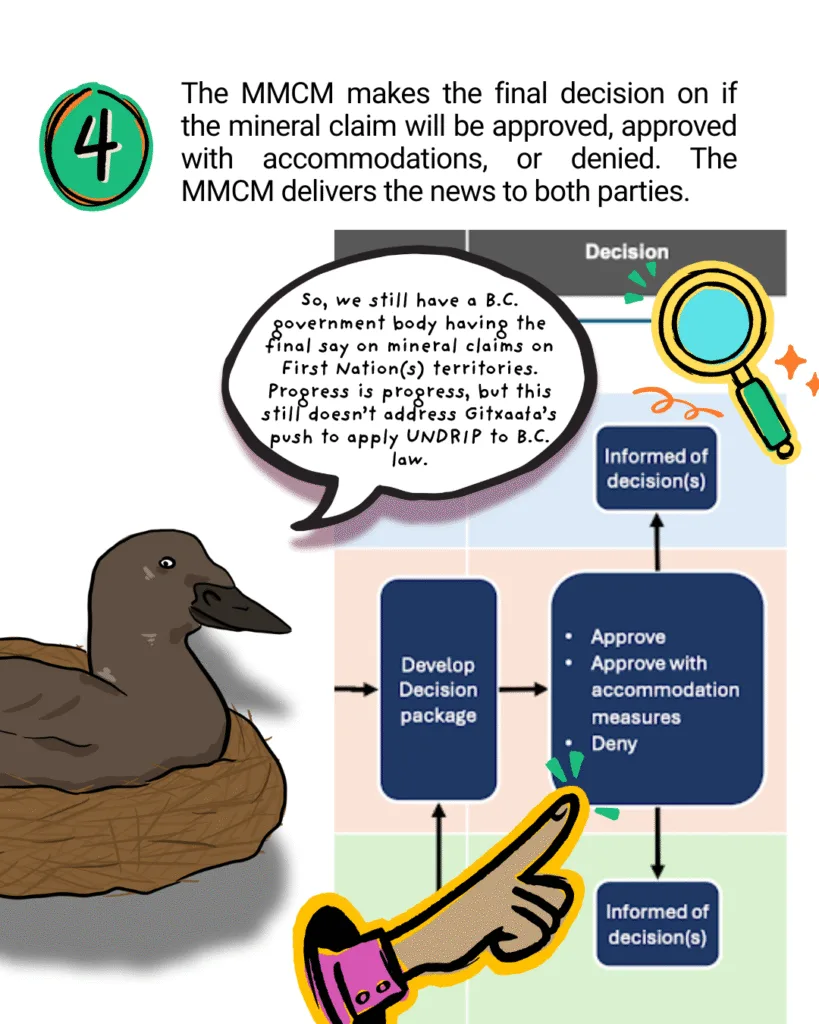
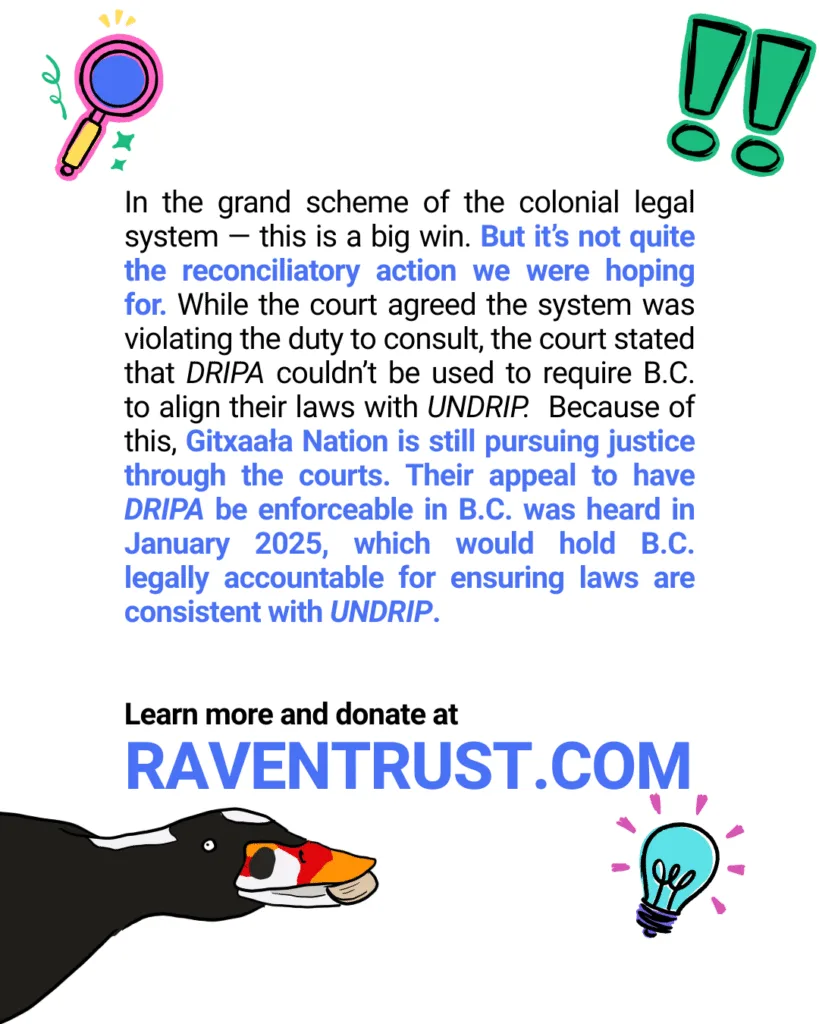
In the grand scheme of the colonial legal system — this is a big win. But it’s not quite the reconciliatory action we were hoping for. While the court agreed the system was violating the duty to consult, the court stated that DRIPA couldn’t be used to require B.C. to align their laws with UNDRIP. Because of this, Gitxaała Nation is still pursuing justice through the courts. Their appeal to have DRIPA be enforceable in B.C. was heard in January 2025, which would hold B.C. legally accountable for ensuring laws are consistent with UNDRIP.
Learn more and donate now at raventrust.com/gitxaala


